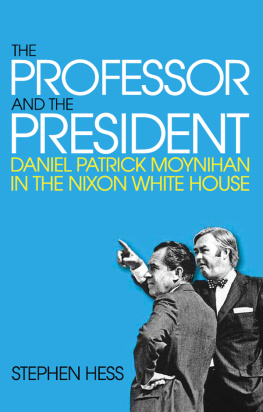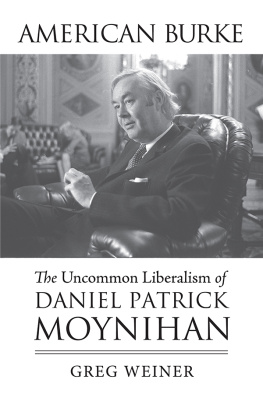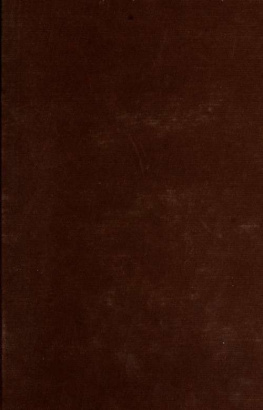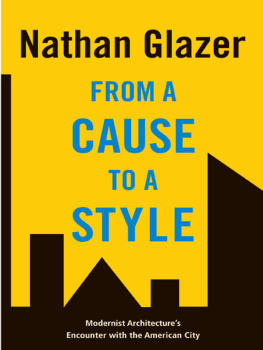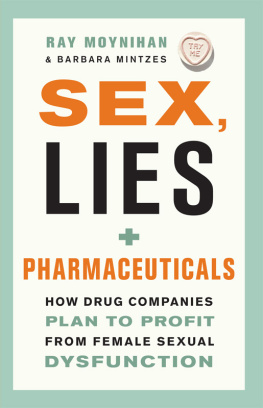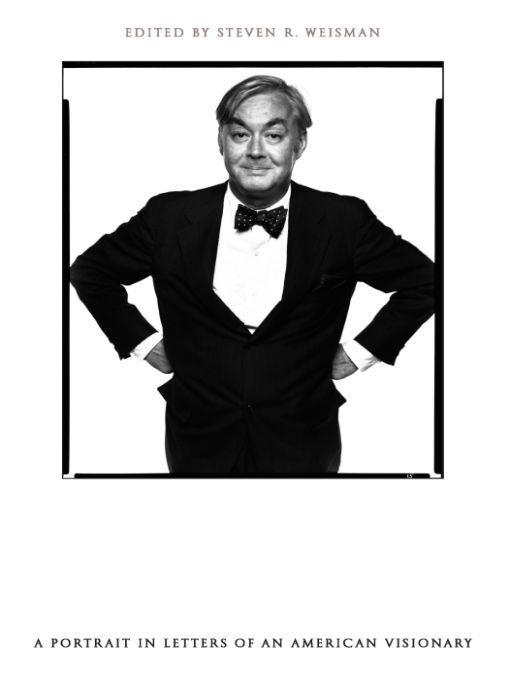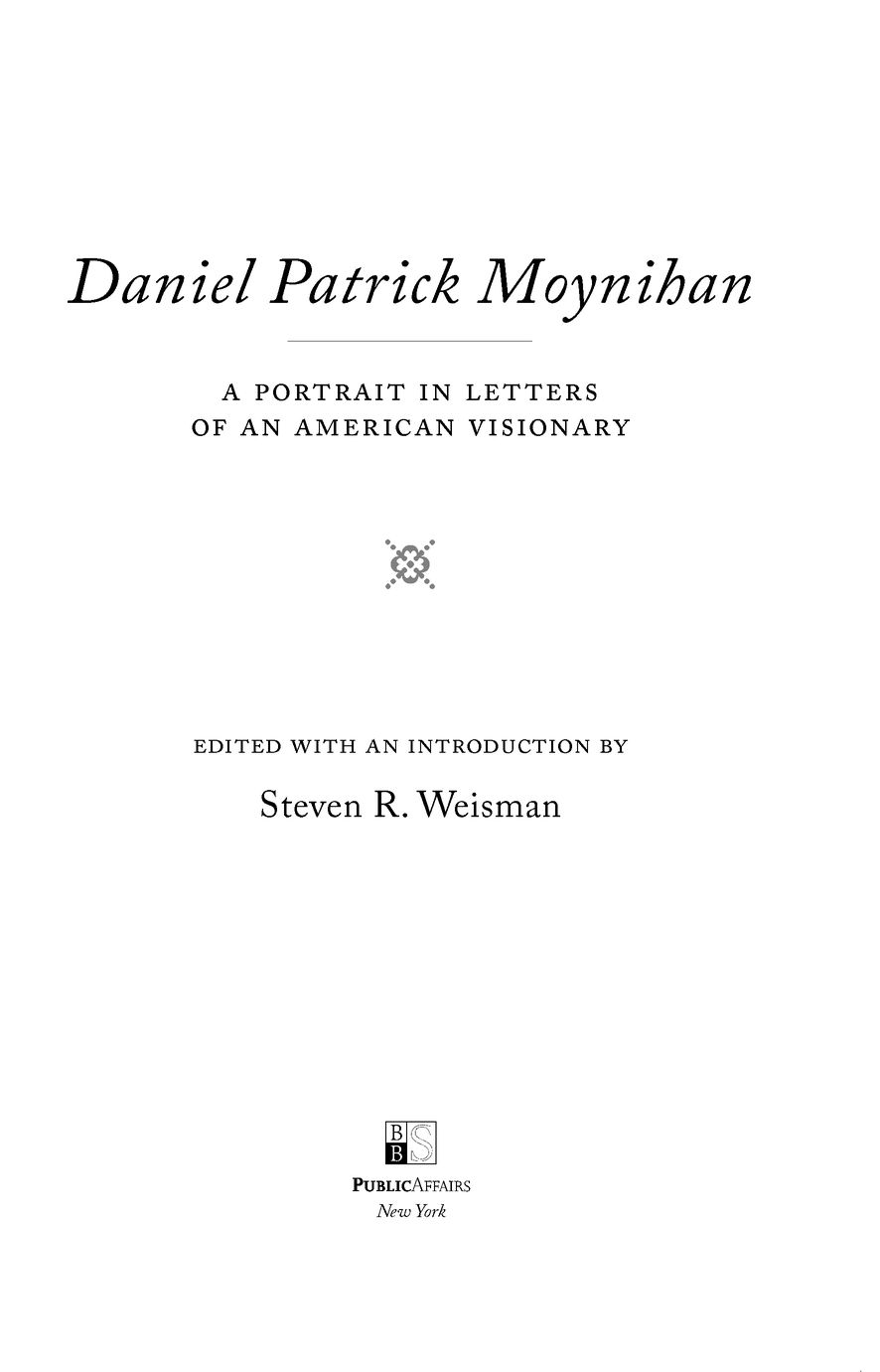Table of Contents
THE PUBLISHER AND EDITORS OF
Daniel Patrick Moynihan, A Portrait in Letters
of an American Visionary
JOIN WITH THE MOYNIHAN FAMILY IN EXPRESSING GRATITUDE
TO THE MAXWELL SCHOOL OF SYRACUSE UNIVERSITY
FOR ITS SUPPORT OF THIS BOOK.
INTRODUCTION BY STEVEN R. WEISMAN
Daniel Patrick Moynihan led a singularly American life, but it was a life unlike any other in modern America.
As a youth in New York, Pat Moynihan struggled with poverty in a family devastated by the disappearance of his father at the height of the Great Depression. Young Pat shined shoes, tended bar, worked the piers as a longshoreman, and stole rides by clinging spread-eagled to the back of the crosstown bus to get to high school in Harlem. He briefly attended City College of New York before joining the Navy as a teenager during World War II. He served as a gunnery officer, traveled the world, returned to complete an undergraduate degree from Tufts, and studied in London, where he sought to define himself at the age of twenty-three. He wandered almost accidentally into campaign politics in New York City. And he then rose to become perhaps the most influential public intellectual of his time.
Moynihan was a pathfinder in John F. Kennedys New Frontier, a commander in Lyndon Johnsons War on Poverty and Great Society, and an enabler in many greater and lesser moments of Richard Nixon. He was a renowned professor at Harvard well before becoming a successful politician. He was an outspoken envoy and challenger of shibboleths and of anti-Semitism while serving as ambassador to India and the United Nations. In four terms in the Senateworking with (or against) Presidents Carter, Reagan, Bush, and Clintonhe made a decisive impact in the areas of welfare reform, public works, transportation projects, international law, congressional prerogatives in the cold war, and the challenge to the cult of secrecy in Washington. He achieved these goals while setting a standard of bipartisanship sorely missed today. Determined that a nations public spaces should reflect the legacy of its ideals, he was instrumental in the effort to revive some of Americas greatest urban environments, from the Custom House in Lower Manhattan to Union Station and Pennsylvania Avenue in the nations capital. The span of his history was such that upon Moynihans retirement in 2000, President Clinton bestowed on him the Presidential Medal of Freedomthe very honor that Moynihan had himself recommended be established under President Kennedy.
Above all, Moynihan, who died in 2003, was the originator of powerful ideas that were also powerfully arguedideas that actually helped transform how Americans think about their country, its internal fissures and its place in the world. He understood early on, based on his studies and his own experience, that the breakup of poor black families contributed to the spread of crime and unrest in the citiesand he was attacked as a racist by some who a generation later admitted that Moynihan had been right all along. He recognized that ethnic and nationalist identities were far more powerful than ideology, religion, or politics in tying cities and nations togetherand splitting them apart. As early as 1979, he predicted the fall of the Soviet Union, saying it would crack up from economic stress and ethnic conflict. Less well known, Moynihan was an early champion of automobile safety in the 1950s and is the one who brought Ralph Nader to Washington, jolting General Motors and causing a national uproar in the 1960s.
Everyone is entitled to his own opinion but not to his own facts, Moynihan famously said, in one of many comments that entered political lore and that, if applied, would make for a healthier national discourse today. There were many other memorable turns of phrase, each distinguished by its surface elegance and underlying thought. He deplored the tendency to wish away societys illsdefining deviancy down, as he put it. Criticizing the misguided social engineering of antipoverty programs, he declared: The role of social science lies not in the formation of social policy, but in the measurement of its results. The iron law of emulation was the phrase he used to describe how the bureaucracies of groups in conflict (like the United States vs. the Soviet Union) tend to become more and more like each other over time. Tangle of pathology was the way he summed up the tragedies of poor black families. The time may have come when the issue of race could benefit from a period of benign neglect, he wrote to Nixon, advising him to lower the rhetorical temperature on raceand employing two words that haunted Moynihan for years. One of the most important axioms of Moynihans career, from his book Family and Nation, based on the 1985 Godkin Lectures at Harvard, sums up a basic internal conflict of Moynihans calling as a scholar and advocatehis belief that government policies can make a difference, combined with skepticism toward the limitations of government programs and bureaucracies. The central conservative truth is that it is culture, not politics, that determines the success of society, Moynihan wrote. The central liberal truth is that politics can change a culture and save it from itself.
Moynihans ideas live because of this evocative, candid, pungent, and sometimes dangerously pellucid style, which he applied to the eighteen books that he wrote or edited, and in countless speeches, interviews, and essays.
Less well known, he brought that same style to the private letters and journals he wrote from his earliest years in public life. The purpose of this book is to bring that important part of Moynihans life to lightto offer a portrait in letters of someone who turns out to have been a man of letters in every sense of the word. In this volume, Moynihans ideas, achievements, and quarrelsand the sheer joy and outrage he derived from political combatcan be savored for the first time by the public beyond the circle of friends and acquaintances to whom he vouchsafed his inner thoughts in private correspondence. The ideas highlighted here, moreover, can be applied in new ways to the personalities and issues of today.
Not only did Moynihan write letters. He saved copies, voluminously so, of even the most trivial among them. More than 10,000 pages of letters, journals, and personal memoranda repose in the Library of Congress, to which Moynihan bequeathed all of his papers. Indeed, they are the largest single collection of personal papers that the Library possesses. The fact that Moynihan saved his letters demonstrates the importance he must have attached to them as his way of processing the events of his life and the evolution of his thinking. He no doubt intended them for historians, which is why he left them to the Library of Congress. That we have these letters also indicates that from his earliest years he possessed a distinctive sense of himself and his destined place in history.
I first met Pat Moynihan in the early 1970s, shortly after he left the Nixon White House staff to return to Harvard, and I followed his career closely after that as a correspondent, editor, and editorial writer for the New York Times. What I found in editing these letters is not so much a different Moynihan, but a Moynihan more passionate, intimate, vulnerable, combative, and perhaps more self-absorbed than the one seen by the public.
There are moments that almost take your breath away. His memorandum to himself, for example, following the JFK assassinationthe news came at a meeting with some Kennedy loyalists in Georgetownis unforgettable. Oh no! Killed! No! he writes. Then the dead silent scene later in the hallway outside the Cabinet room: Someone said, Its over. There is an acutely ironic letter advising Robert Kennedy on where he might live in New York when running for the Senate in 1964 (Moynihan leans toward Long Island), foreshadowing Hillary Rodham Clintons awkward house-hunting when she prepared to run to succeed Moynihan in the Senate. There is a painfully honest letter to Senator Ted Kennedy after Bobbys assassination in 1968 (though never sent), worrying about the racial divisions sowed by the campaign that had just been cut down. I loved Bob, he writes to Ted, even while lamenting that RFKs drive for the black vote had alienated working-class whites. Those are your people, he adds, referring to the whites. They were Bobs people before he got religion, they have been abandoned, and our politics are very much the worst for it.


